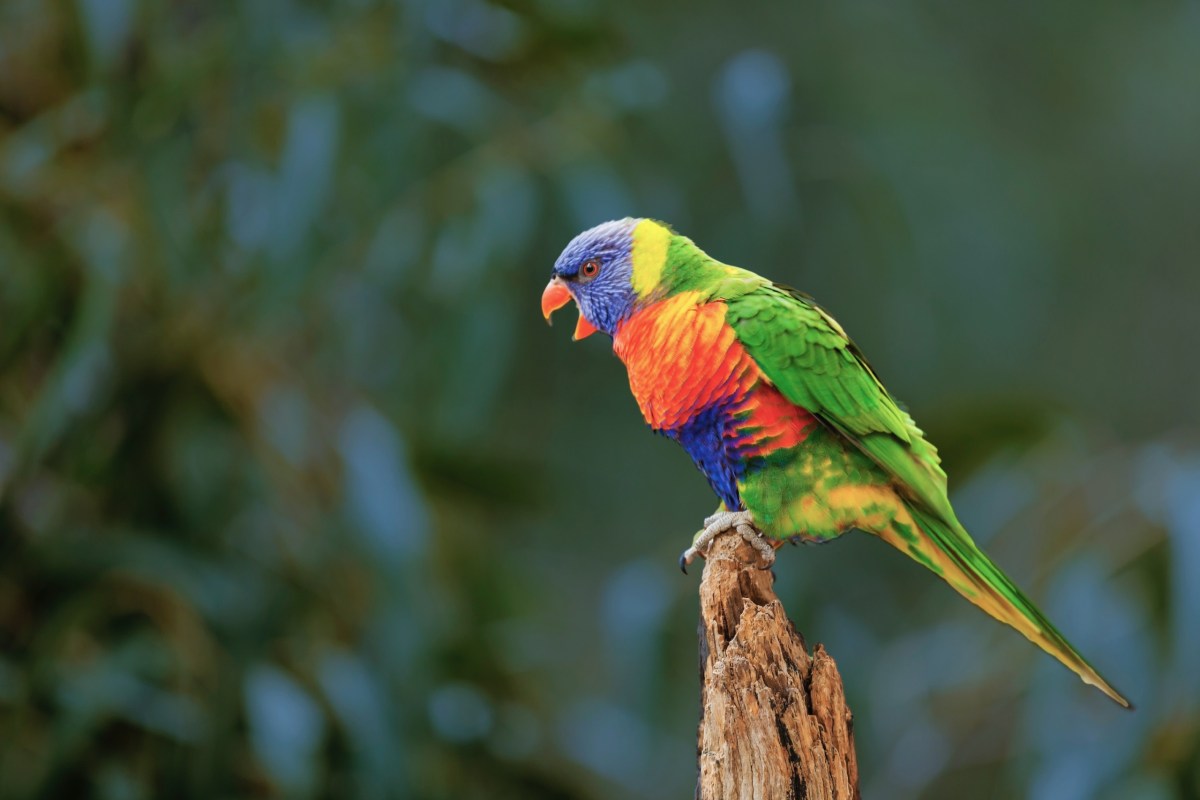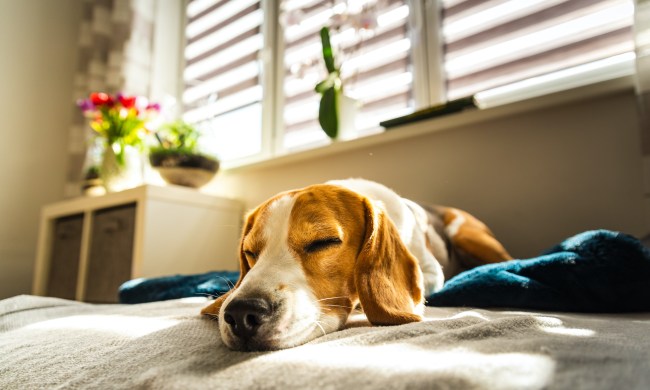Communication between pets and their people is crucial to the relationship, but it can be tricky to work around troublesome behaviors if you don’t know why they’re occurring in the first place. Many birds don’t commonly use their beaks to bite in the wild, so why is your macaw biting?
Although biting can stem from a variety of feelings and urges, it can be difficult to distinguish which is which in the moment. In this article, we’ll go over some of the most common reasons why pet parrots bite and what you can do about it. Remember that biting is often an emotional response in animals, so it should be approached with patience rather than frustration. As painful as a bite from a large bird can be, staying calm with your pet is the best way to keep the trust strong between you.
Why do birds bite?
Sometimes, a bite can be completely innocent, resulting from excitement and stimulation. A macaw may nip and “beak” you as part of playtime, though birds can sometimes lose their balance and try to grab onto something with their beak to keep from falling (via PetCoach). Other times, they might simply be trying to tell you that they’re done playing. Paying attention to your bird’s body language will be the most helpful way to distinguish this type of nip from more aggressive biting, which can cause serious damage to you and your bird if you’re not careful.
It’s important to remember that biting is a form of communication. Odds are, your bird is trying to tell you something if they’re biting outside of play. Anger is a common reason for aggressive biting in parrots and larger birds, though it may not always be clear what they’re angry about. Since birds are creatures of habit, even a slight change in their routine or environment can upset them (via Foster Parrots). Has your bird been spending more time in their cage lately? Do they have a new diet, a new home, or a new roommate?
It’s also worth noting that what seems like biting isn’t necessarily a negative response in baby birds. Just like human infants, baby birds will use their mouths — in this case, beaks — to get to know their environment. They may use their beak to help climb onto a perch or, unfortunately, your hand (via PetCoach). As innocent as it is, it can nonetheless leave a mark. Still, it’s important not to pull away or yelp when your bird bites, as we’ll explain below.

How to stop your bird from biting
Whether your bird is biting out of excitement, exploration, or anger, you have some options to curb the behavior. As mentioned above, pulling away or yelling in response to a bird’s bite will actually encourage them to do it again (via PetCoach). According to VCA Hospitals, this is because when you respond, you’re teaching the bird that they can control the situation (and you!) by eliciting a reaction. Instead, the best thing to do is to put your bird back down in their cage and walk away, as if you’re putting a child in timeout.
VCA also reminds pet owners never to hit a bird. Even negative responses encourage the behavior to continue, though physical discipline could also teach your bird to fear hands, or even you. If trust is lost between you and your bird, stopping negative behaviors will only be harder.
As an alternative, teaching your bird to associate your hand with a positive outcome, like a treat, is more likely to have effective results. Since parrots may bite to let you know they don’t want to do something, like stepping up onto your hand, rewarding them for performing the behavior can teach them not to react so harshly in the future. Although this association can take awhile to master, it’s the least stressful way for your bird to learn.
Simply by seeing biting as a form of communication, bird owners can help their feathered friend get their attitude in line. Biting isn’t fun for anyone, after all, so there’s no good reason to let this behavior continue. Luckily, with your newfound knowledge and a deeper understanding of your bird, you can approach this dilemma with kindness. Your bird will feel much more at ease with their needs met, and interacting will be more fun (and less painful) than ever. A bite-free life with your bird really is possible!



